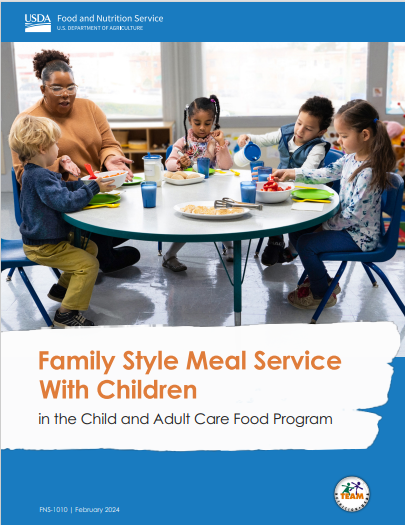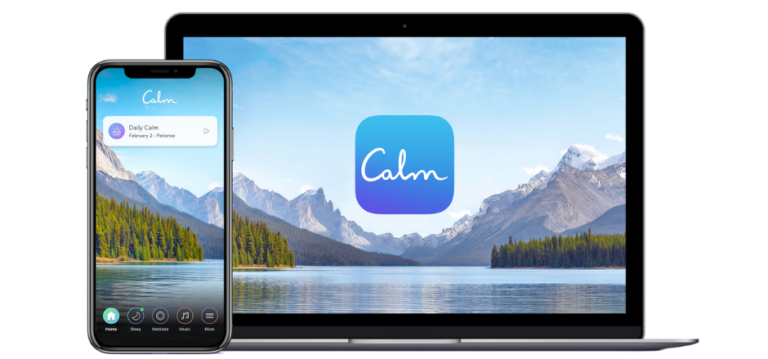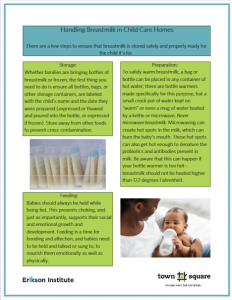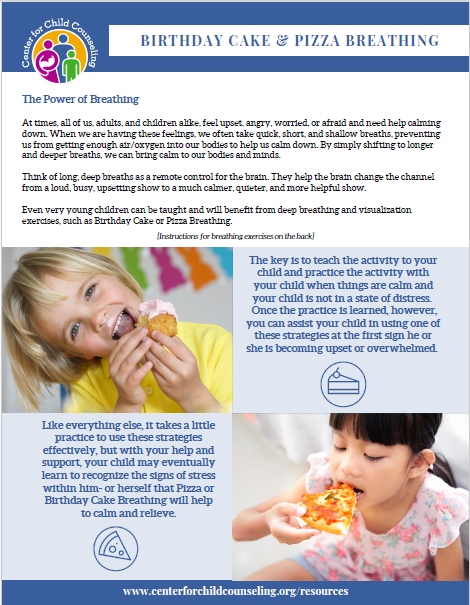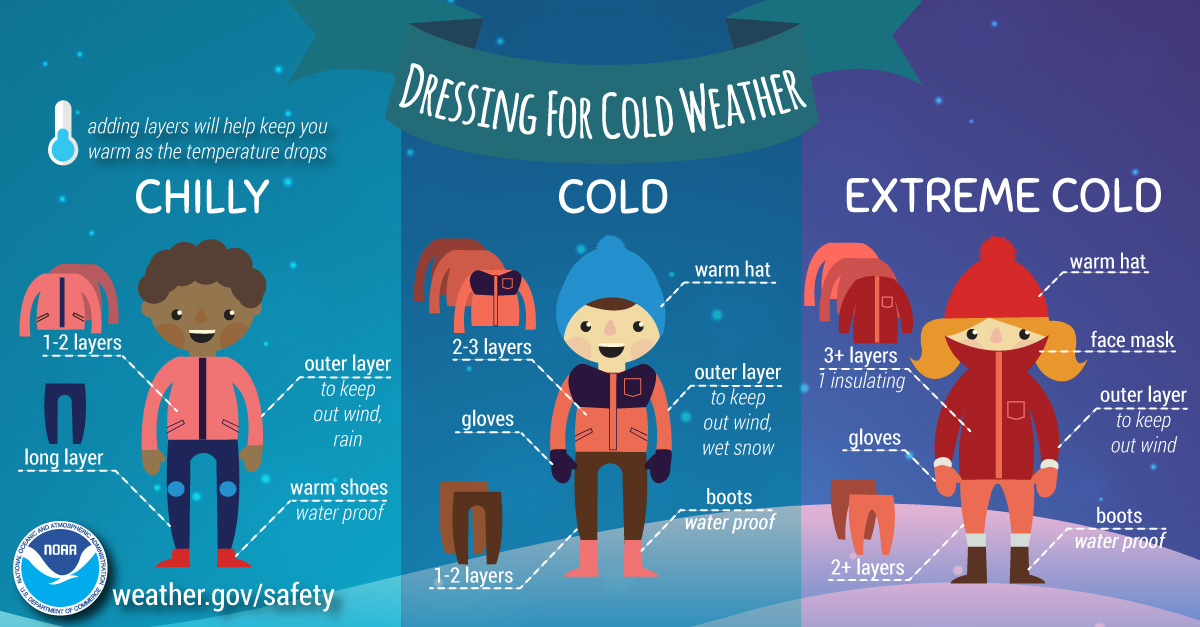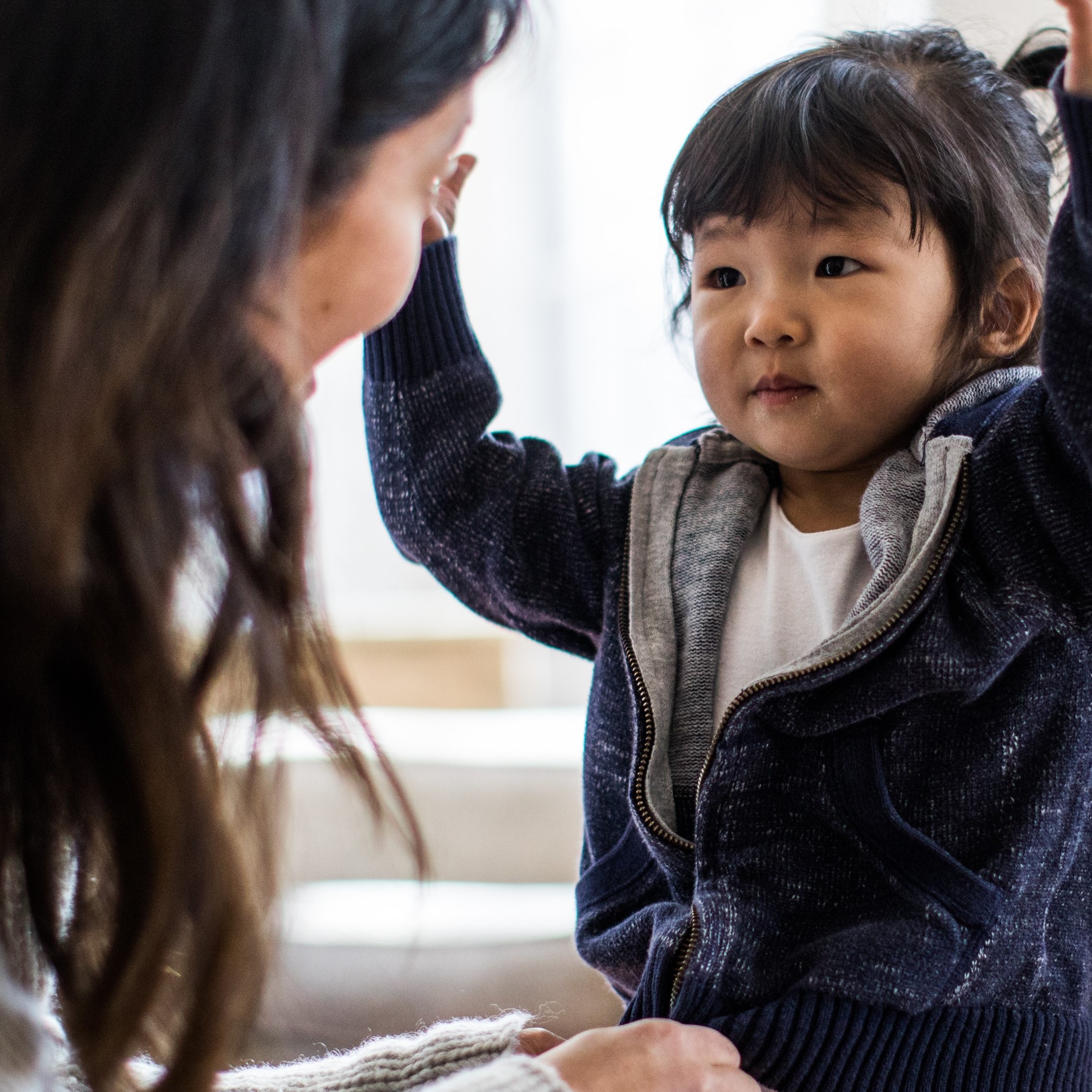If you are curious about family style dining, whether or not you’re currently on the food program, this short booklet will show you all the equipment you need, how to introduce the idea to children and their families, and tips for ensuring compliance with CACFP regulations.
Family Style Meal Service With Children in the Child and Adult Care Food Program (cacfp.org)
SPARK Learning Lab is excited to partner with Calm to support Indiana early childhood education and care and out-of-school professionals by providing access to a free premium subscription to Calm through February 2026. Calm is open to individuals who own, work or volunteer in an Indiana-based early childhood education or out-of-school care program, as well as the household family members and dependents of those individuals.
Fill out this short form to access a FREE Calm Premium subscription through February 2026.
As the weather warms up, it’s important to be aware of how to keep children (and ourselves!) safe in heat and humidity. When the heat index (“feels like”) is over 90° F, children are particularly vulnerable to heat-related conditions.
This chart from the National Weather Service shows both how the heat index is calculated, and when temperatures become hazardous.
Some Ways to Keep Children Safe in Heat (tips from the CDC and HealthyChildren.org):
- Move outdoor time to early in the day, before the sun is high.
- Apply and re-apply sunscreen– sunburn can cause dehydration and prevent the body from regulating temperature appropriately. Sunscreen is important for people of all ethnicities and skin tones.
- Have drinking water accessible at all times, and encourage (and model!) frequent water breaks.
- Recommend that families dress in loose, lightweight, and light-colored clothing. Use UV protective clothing and sun hats for extra safety.
- Keep cool with safe water play. A sprinkler, misting bottles, or water table can all help regulate body temperature and keep everyone in a good mood.
- Know the signs of heat-related illness and be prepared to act accordingly.
Handling, storing, heating, and feeding breastmilk can feel like it has a lot of steps.
This printable PDF reviews how to safely provide breastmilk to infants whose families provide it, including storage, preparation, and feeding. Below, you’ll also find a video from Head Start showing an Early Head Start teacher bottle feeding an infant and demonstrating responsive feeding and interaction with a baby at feeding time.
Gestión de la leche materna en cuidado de los niños
What do you notice in this video of the Early Head Start teacher feeding the baby? How does the baby respond to her actions and speech?
This resource from centerforchildcounseling.org will help support children in down-regulating and returning to an emotional baseline from distress. Practicing when children are calm will help them develop the skills to self-regulate with support later.
This printable PDF from the CDC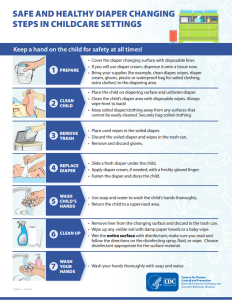
outlines the steps involved for a diaper change that minimizes the chance of spreading pathogens such as pinworms or hand foot and mouth. These are crucial to the health and safety of the provider and all of the children they care for.
What it doesn’t show is the incredible opportunity for relationship building that is also present at every diaper change. How often are you just a foot or so away from the child’s face for such a focused time? Spending diaper changes talking to the child is one high-impact way to build relationships, and also make the diaper changes themselves easier. What toddler is going to try to roll or wrestle away when one of their favorite people is talking to them, or playing “this little piggy” with their toes?
It doesn’t add a significant amount of time to really pay attention to the child being changed, but the payoff in peaceful diapering and overall relationship can’t be overstated!
The winter season brings with it added hazards. Child care providers can take steps to keep children safe from winter hazards.
Children need extra protection from cold weather as they are not able to regulate their body temperature. It’s vital that children wear appropriate clothing for the weather.
- Wear layers of loose-fitting, lightweight clothing
- Wear a hat, coat, and gloves/mittens
- Caregivers should check children’s extremities for normal color and warmth at least every 15 minutes
This infographic created by the National Weather Service serves as a great tool to help guide what clothing is needed in the cold weather.
A fecha de 13 de noviembre de 2023, se han presentado a la FDA 22 informes de enfermedades potencialmente relacionadas con el producto retirado. Como parte de esta investigación, la FDA y sus socios estatales están recogiendo y analizando muestras adicionales de puré de frutas y puré de manzana. Hasta el momento, los análisis de las muestras no han mostrado niveles elevados de plomo en ningún producto no retirado.
- No se deben consumir, vender ni servir los envases de canela y manzana retirados del mercado de las marcas WanaBana, Schnucks o Weis, y deben desecharse.
- Estos productos tienen una larga vida útil. Los consumidores deben revisar sus hogares y desechar estos productos.
- Los síntomas inmediatos de la exposición al plomo no son evidentes en la mayoría de los niños. Si existe la sospecha de que un niño puede haber estado expuesto al plomo, los padres deben hablar con su proveedor médico para que le hagan un análisis de sangre.
- Póngase en contacto con su proveedor médico si cree que puede tener síntomas de toxicidad por plomo después de comer los envases de fruta retirados del mercado.
Investigación sobre los niveles elevados de plomo en las bolsas de puré de manzana y canela (noviembre de 2023)
Keeping the children in your care safe is a constant concern. The Head Start Early Childhood Learning and Knowledge Center has created a tip sheet for families about safety and injury prevention for young children that offers helpful guidelines for at home, outside, in water and in vehicles. This resource can be a helpful checklist to share with families.
Safety and Injury Prevention Tip Sheet
As of November 13, 2023, there have been 22 reports of illness potentially linked to recalled product submitted to FDA. As part of this investigation, FDA and state partners are collecting and analyzing additional product samples of fruit puree and applesauce pouches. At this time, sample analyses have not shown elevated levels of lead in any non-recalled products.
- Consumers should not eat, sell, or serve recalled WanaBana, Schnucks, or Weis-brand apple cinnamon pouches and should discard them.
- These products have a long shelf life. Consumers should check their homes and discard these products.
- Most children have no obvious immediate symptoms of lead exposure. If there’s suspicion that a child may have been exposed to lead, parents should talk to their child’s healthcare provider about getting a blood test.
- Contact your healthcare provider if you think you may have symptoms of lead toxicity after eating recalled fruit pouches.
WanaBana Recalls WanaBana, Weis, and Schnucks Apple Cinnamon Fruit Purée Pouches & Cinnamon Apple Sauce Due to Elevated Lead Levels | FDA

